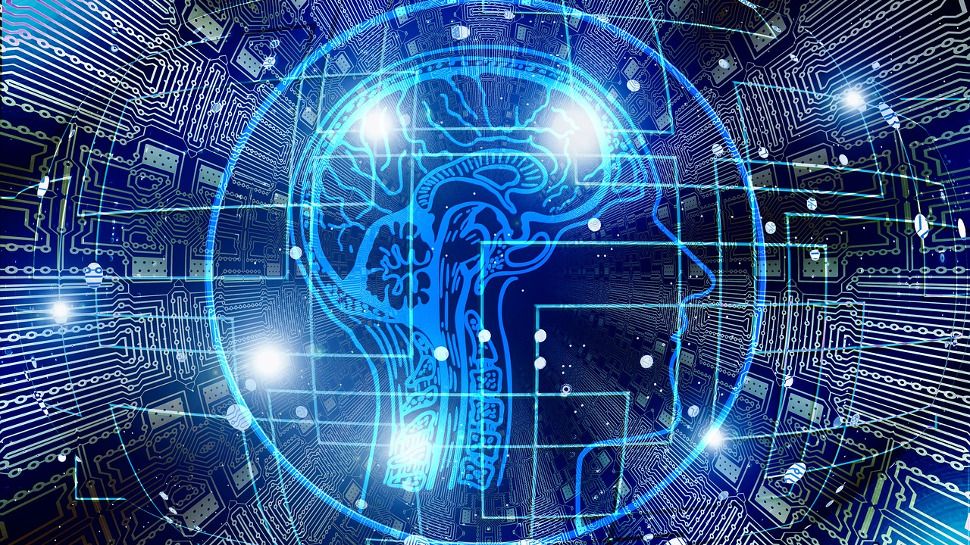
A critical development in artificial intelligence is agentic AI, and these tools are becoming a part of everyday life faster than we realize. Unlike traditional AI models that follow predefined rules, agentic AI systems can make decisions, perform actions, and adapt to situations based on their programming and the data they process, often without human input.
In comparison, traditional AI models are unable to adapt to unexpected changes without a form of retraining, testing and validation, which requires human intervention. A traditional AI model will typically be built to fulfil a specific role, such as a classification task where it will identify if a person is likely to default on a loan payment or not.
From self-instructed house robots to focused data analysis, agentic AI promises convenience and efficiency. However, with that shift comes much deeper access to our personal data, which raises new concerns over transparency, trust, and control.
Leading IEEE expert and professor of computational intelligence at Manchester Metropolitan University.
Agentic AI: The shift from support to self-direction
Agentic AI behavior is goal-driven – it must determine how to achieve its primary goal and sub-goals, requiring it to prioritize tasks and solve problems independently of humans. For example, a house robot might be instructed to “keep the house clean”. The system will then act independently to assess different areas of the home and undertake tasks where appropriate, without requiring constant human intervention. As part of this process, the robot will identify individual sub goals, such as tidying the living room or vacuuming dirty floors, while making its own decisions to achieve the objectives.
These examples illustrate the power agentic systems have to identify opportunities, execute strategies, and adapt to different goals. But as the use of agentic AI increases, businesses and developers should carefully evaluate our trust in them and how they influence our human-machine relationships.
The evolving human-machine link
Agentic AI is fundamentally transforming the human role in tasks through automation, creating a more balanced human-to-machine relationship. As agentic systems utilize deep learning and complex image and object recognition, they can operate in increasingly dynamic environments and solve complex problems autonomously, without any human involvement.
Reduced human intervention not only offers greater efficiency in work, both at home and in businesses, but also frees up time to focus on more strategic initiatives. However, as trust builds towards these automation tools, reduced human oversight comes with a potential risk of over-reliance. While we benefit from agentic AI’s efficiency, we must also ensure we have the opportunity to upskill and educate ourselves.
Whilst agentic systems can operate independently, they still require value and goal alignment to maintain control over the outputs and ensure it aligns with the desired outcome, not just what was instructed of them. Otherwise, there is concern that these systems may take dangerous shortcuts or bypass other infrastructure to achieve efficiency.
The future of AI ethics and privacy demands
In turn, this raises numerous ethical concerns surrounding agentic AI. One key debate is data privacy and the security of sensitive data – this can vary in severity depending on the industry in which the organization operates.
For example, agentic AI has already been deployed by cybersecurity companies to detect and correlate threats by analyzing network activity in real-time and then autonomously responding to potential breaches.
However, organizations who implement this must provide data to the system, raising questions over the security and privacy of their information. Without human oversight, organizations must consider if they are comfortable with agentic AI making business-altering judgement and being on the frontier of their most valuable assets.
Bias in agentic AI can occur because of human input and data. When such a system is entrusted with making moral decisions that have real-world consequences, it faces significant ethical considerations. While existing or emerging legislation provides guidance, there is still much to be done to unpack and implement these concepts within operationalized AI systems fully.
Furthermore, systems with access to highly sensitive data have raised security concerns as they can have vulnerabilities exploited. This has been highlighted by recent cyber attacks, and information within digital environments is at risk. In such complex systems, who is held accountable if things go wrong?
Key considerations for ethical AI use
While we are guided by ethical principles and emerging legislation, it is essential that we have safeguards in place for both agentic and traditional AI systems. When automating manual tasks and analyzing datasets, it is crucial to identify and mitigate bias in both data and algorithms with consistent human oversight. Organizations that utilize agentic AI should strive for ethical practice which can be supported through training and continuous auditing. This helps ensure fairness and prevents harm while creating transparency around how automated decisions are made.
We’ve featured the best private browser.
This article was produced as part of TechRadarPro’s Expert Insights channel where we feature the best and brightest minds in the technology industry today. The views expressed here are those of the author and are not necessarily those of TechRadarPro or Future plc. If you are interested in contributing find out more here: https://www.techradar.com/news/submit-your-story-to-techradar-pro





